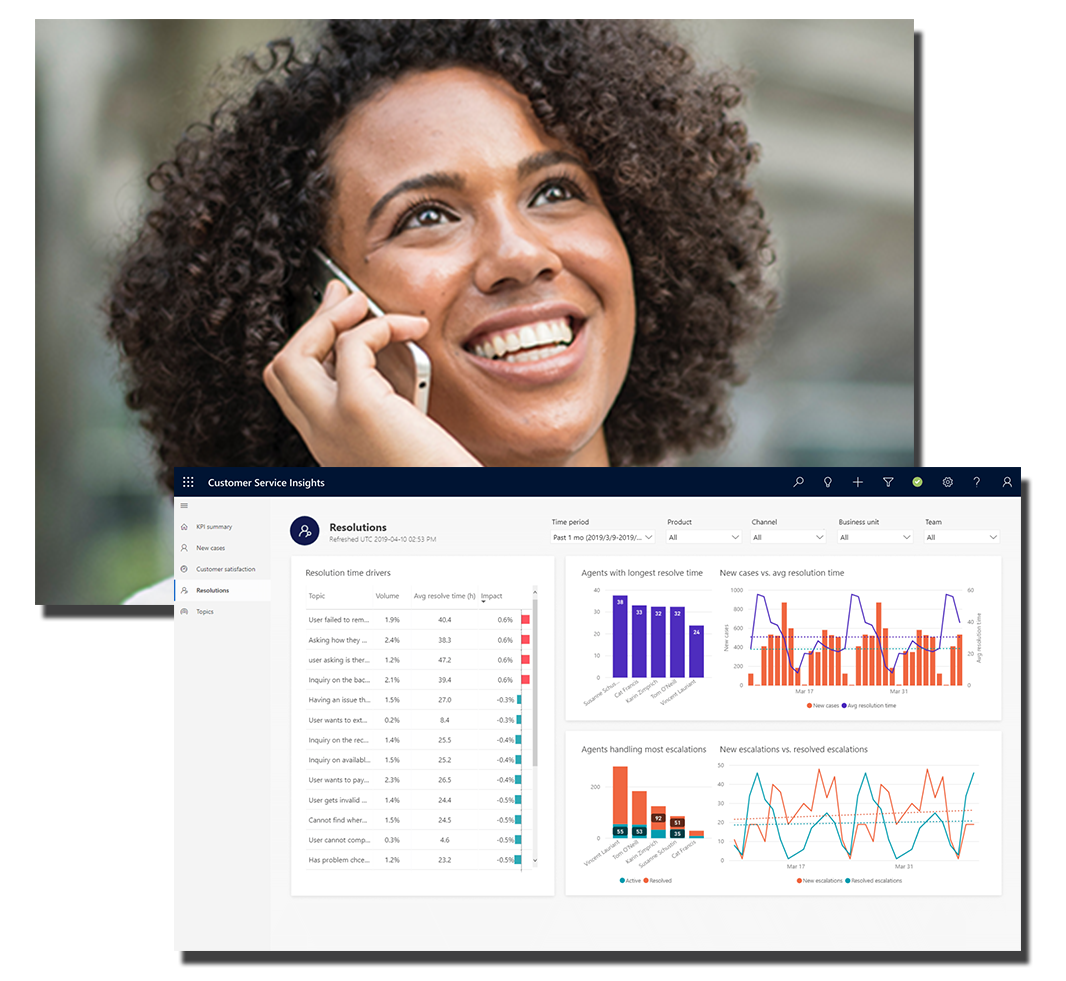Successfully adopting a CRM system is as much about your choice of CRM partner as your CRM technology.
If you're choosing a CRM partner for your business, then there are several steps and factors to consider.
1. What are your expectations?
Many businesses decide to find a CRM partner because they have reached a growth stage that requires new technology investment. However, your business - and not the software - should be the focus.
A good CRM partner will be looking to match your expectations, and they should be aiming to unlock your team's potential, not upstage or derail them with new processes. If a CRM partner can't offer the services you need, then you should keep looking for one that does.
2. Can the CRM work with other business applications?
A number of companies use systems like Outlook and Office 365, and any CRM system should integrate with those standard business applications without requiring extra effort or cost.
Having these systems effectively integrated helps to build adoption - users feel comfortable using the tools they are used to. Equally integrating a CRM system with Outlook can offer many productivity benefits, in terms of data sharing between applications.
You should also ask about integration with existing accounts and financial packages and consider how easily this can be done.
3. Choosing a CRM partner: Know your objectives
If you don't know what your targets are, then you can't measure how successful you have been. Aside from anything else, if you don't know what your objective is, it'll be far more difficult for you to tell if a CRM partner has been successful or not.
Are you looking to improve customer engagement through email? Are you looking to increase profit per customer? If you don't know then you'll never be able to get the best from your partner. A good partner should be able to help you answer this through their consultancy or CRM support processes.
4. How will the CRM perform?
Remote, travelling and mobile workers are often the ones who spend time with customers - whether that is your sales team or your customer care team. Therefore, it is essential to make sure that the system includes functional mobile access.

Speak to your potential CRM partner about the processes your team completes and how it could add value to them, and make sure you find a package that fits.
There are likely to be several features that suit you as well as some that don't - choosing a package that has the most features, but not thinking about if you need them, can lead to an overpriced system that doesn't actually work for you.
Equally, don’t just consider price as the determining factor. A CRM system that might have stretching costs now might be easier to afford as your business grows. If you choose a cheap system that you soon outgrow, you’ll end up paying more in the long run.
5. Make it fit
Choosing a partnership for your business will always require a culture fit. If you don't get the right vibe from a CRM partner, then consider how it'll work. However you intend to work with them, if you don't feel confident in the relationship from the beginning, then it might be detrimental to you in the long term.
Akita is a leading Microsoft Dynamics partner, delivering CRM solutions for leading organisations and institutions. For more information about CRM support and service please get in touch:





